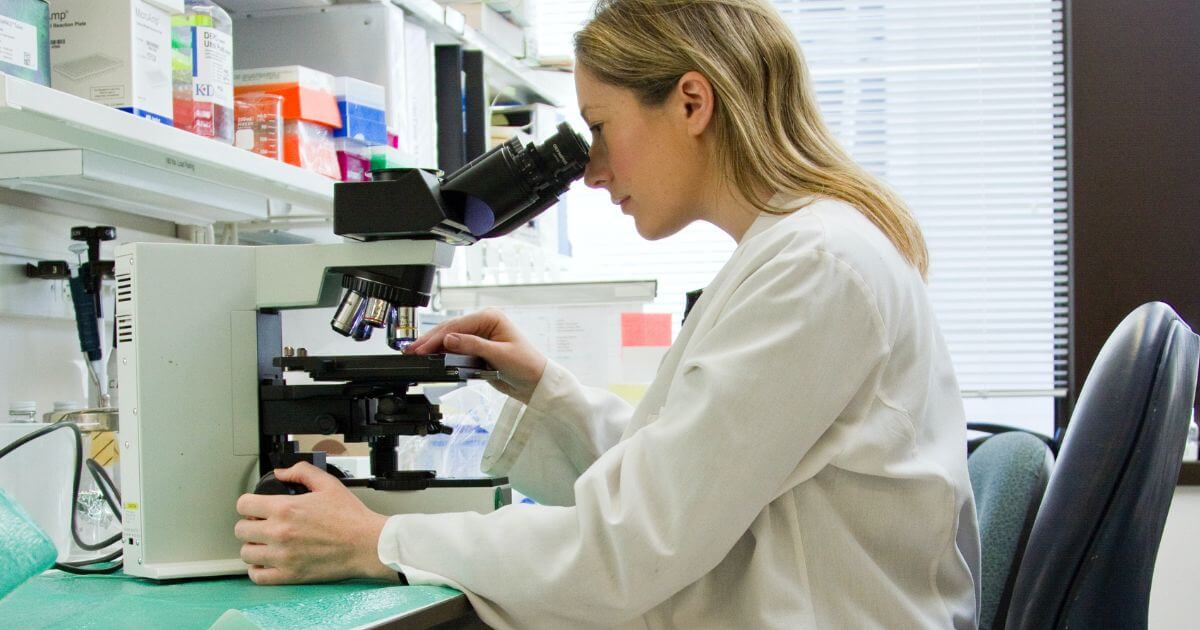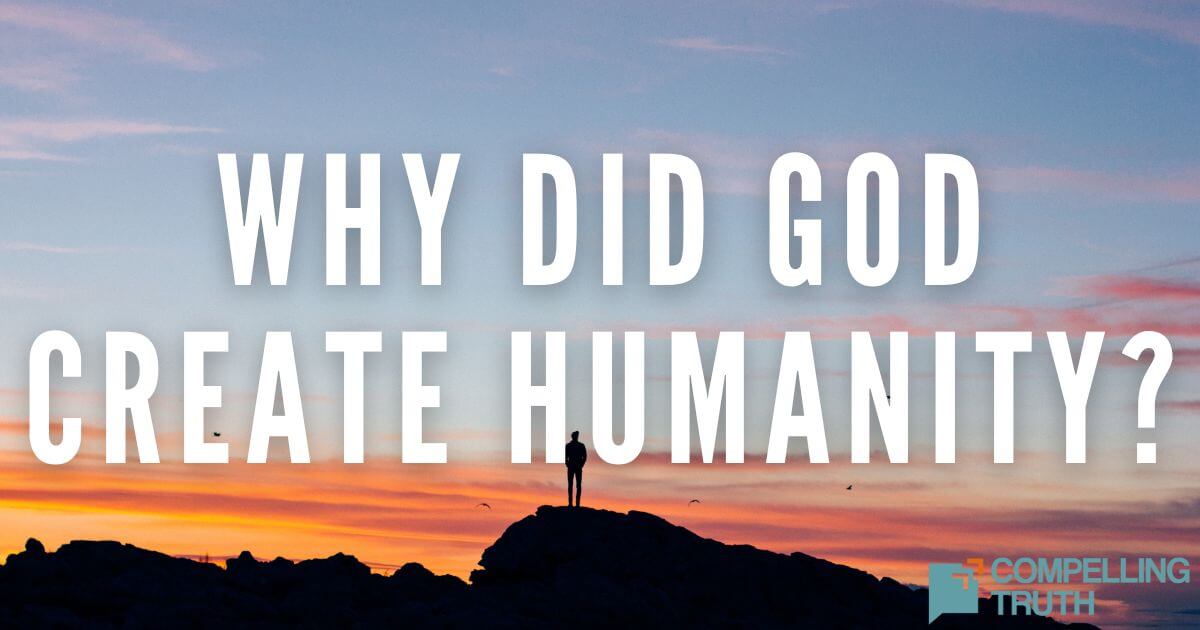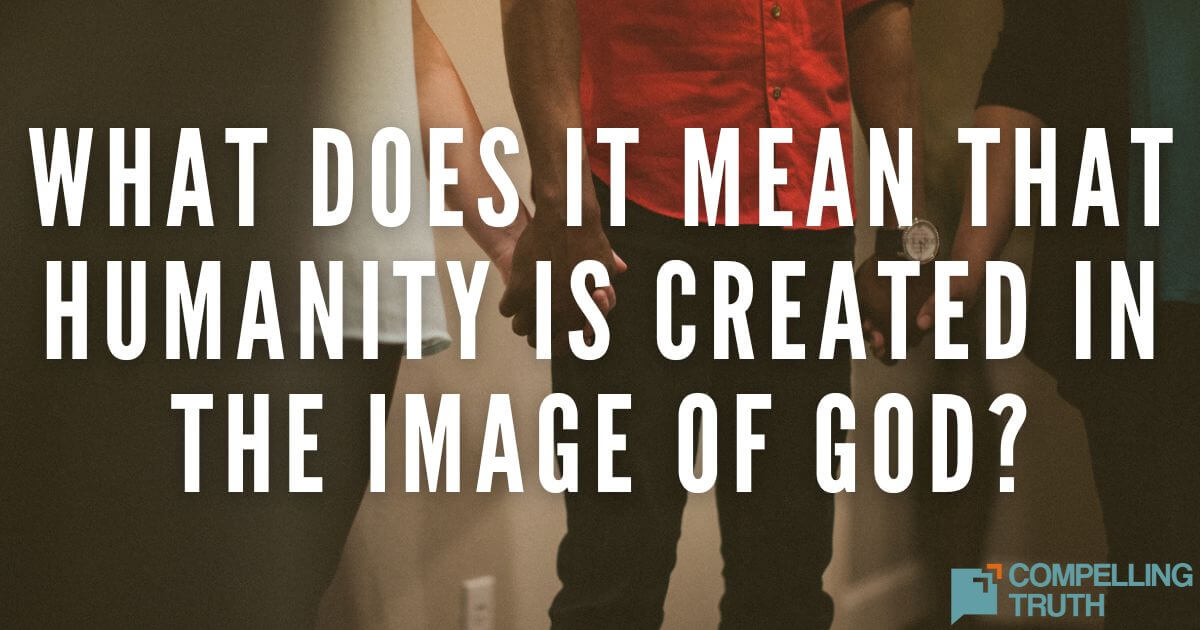Psalm 139:13-16 teaches that life begins at conception. An embryo is a living human being. Thus, human reproductive cloning, with its destruction of embryos, is inconsistent with the Bible's view of life. Human cloning is the process of creating a genetically identical copy of a human being. It involves taking an unfertilized egg and replacing the nucleus (including all the genetic code) with a nucleus from a cell elsewhere in the body. The now-functionally fertilized egg is allowed to grow through several splits into a blastocyst, which contains cells for both a body and the placenta. At that point, the cells could be used for reproductive cloning or therapeutic (stem cell) cloning.
The goal of human reproductive cloning is to implant the cells into a human uterus and result in the birth of a live baby. However, the research required to get to the point of a live birth would require the destruction of many embryos, each one a human child. So the cloning process itself results in many deaths.
Artificial cloning is the process of producing individual organisms with identical genetic information (DNA). Various plants and animals have successfully been cloned. However, some day humans might be cloned, raising issues on many fronts.
One issue with human cloning is the motivation, which is generally selfish. Mourning parents need God's healing, not a replica of the child they lost (Psalm 34:18; 2 Corinthians 1:3-4). Creating a clone of oneself is pure hubris. Cloning for medical reasons is a little more ambiguous. But several blastocysts would likely be developed for a single live birth. Destroying a remaining, unneeded blastocyst would be killing a child.
The process of reproductive cloning is not the same as the widely practiced therapeutic cloning (stem cell research), which involves the cloning of cells from a human for use in medicine and transplants. Reproductive cloning would involve making an exact genetic copy of an existing human being. Developing a fertilized egg with the same genetic material as an adult is not unbiblical. Identical twins, for example, have the same genetic material. However, the process of reproductive cloning is highly controversial and is banned in many countries. There is no evidence that anyone has successfully cloned a human being. The Christian view is that embryos are human beings, and embryos are not disposable. Human reproductive cloning is not biblical.




